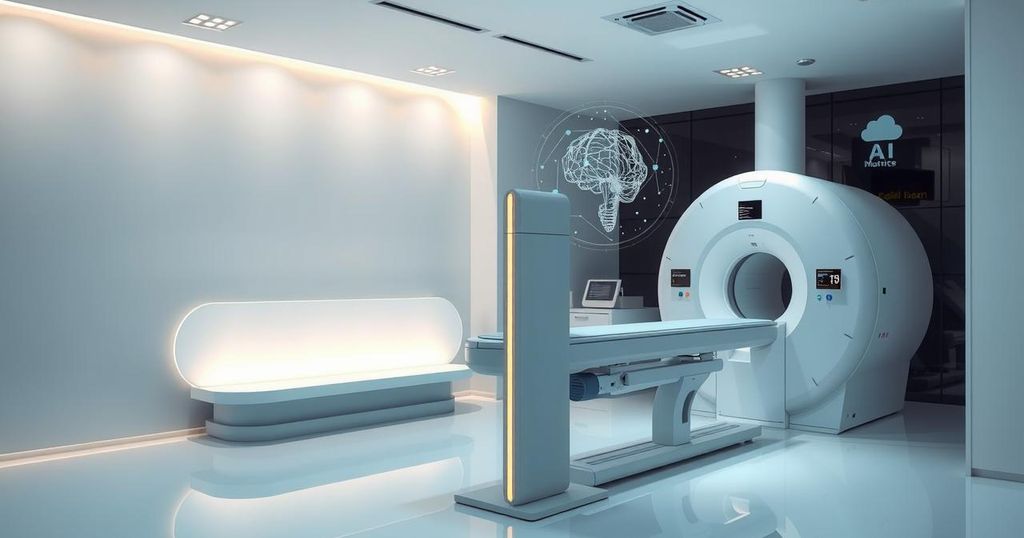Tunisia is developing AI software to assist doctors in reading X-rays and MRIs faster and more accurately. Led by engineers including Karim Beguir from InstaDeep, this initiative will ease radiology workloads and allow remote hospitals to send images for expert review. The project is part of broader efforts to enhance telemedicine and improve public health services.
Tunisia is advancing the development of artificial intelligence (AI) software aimed at improving the speed and accuracy with which doctors read medical images such as X-rays and MRIs. This innovative technology is expected to enhance disease detection and diagnosis, as articulated by Health Minister Mustapha Ferjani.
A group of dedicated Tunisian engineers, including Karim Beguir, the founder of InstaDeep—a company specializing in AI—are volunteering their efforts to create this entirely Tunisian-made software. The AI will facilitate the analysis of medical images, enabling healthcare practitioners to make more informed and quicker decisions, thereby reducing the burden on radiologists and enhancing overall patient care.
Moreover, the software will enable hospitals lacking radiology departments to transmit images online for expert evaluation, which is particularly beneficial for patients in remote regions. In tandem with these developments, Tunisia has enacted new legislation to streamline telemedicine practices, making it more accessible for doctors to provide remote medical services.
The government is also devising incentives aimed at attracting additional radiologists to the public health sector. Minister Ferjani commended the dedication of radiologists at La Rabta Hospital, who are already providing valuable support to other facilities by interpreting medical images and mentoring physicians. This novel AI initiative is anticipated to broaden these support services across the nation, thereby increasing both the effectiveness and accessibility of medical imaging.
In summary, Tunisia’s initiative to develop AI software to assist in the reading of medical images represents a significant advancement in healthcare technology. By improving diagnostic speed and accuracy, this project aims to alleviate workloads in radiology and enhance patient care, particularly in underserved areas. The efforts to regulate telemedicine further complement this positive shift towards accessible healthcare.
Original Source: globalsouthworld.com




